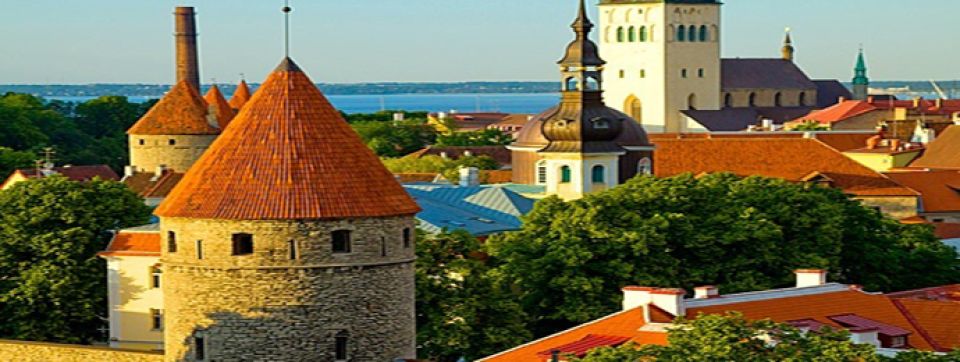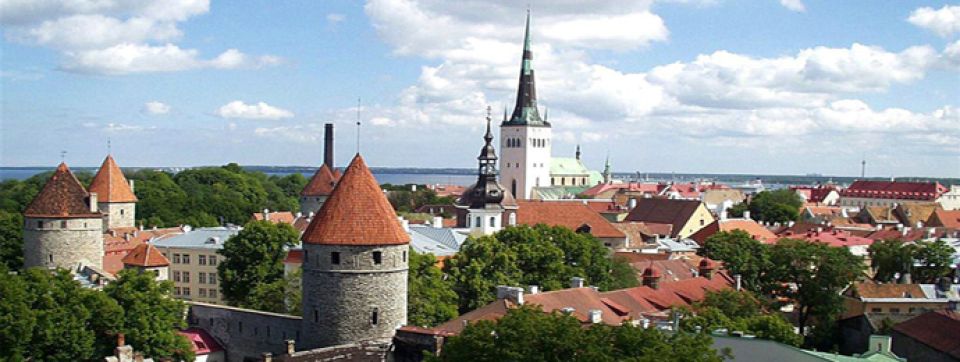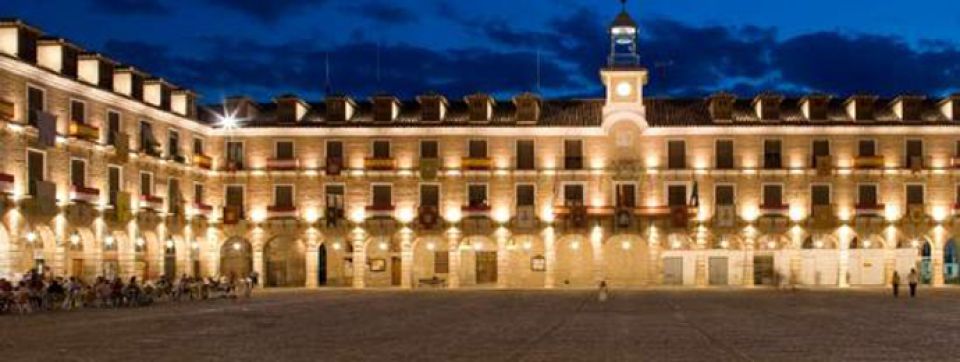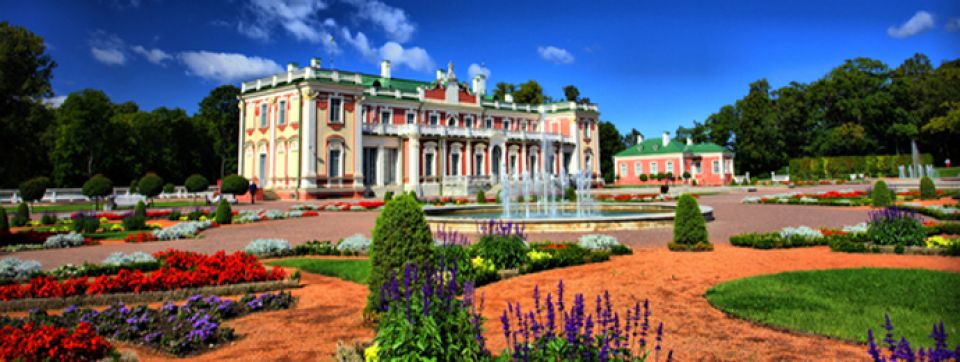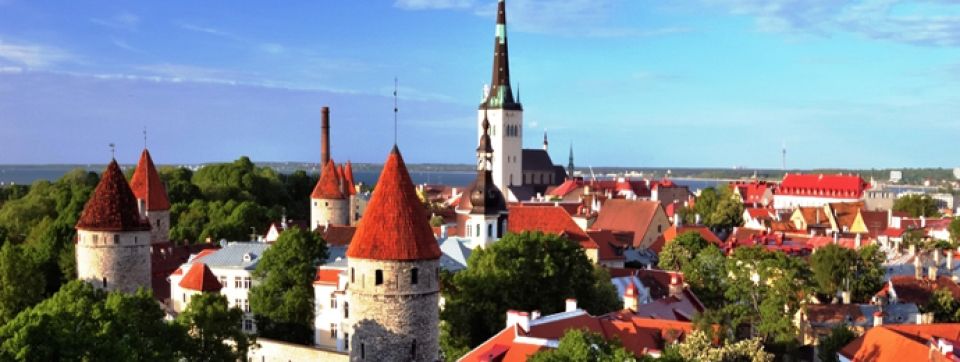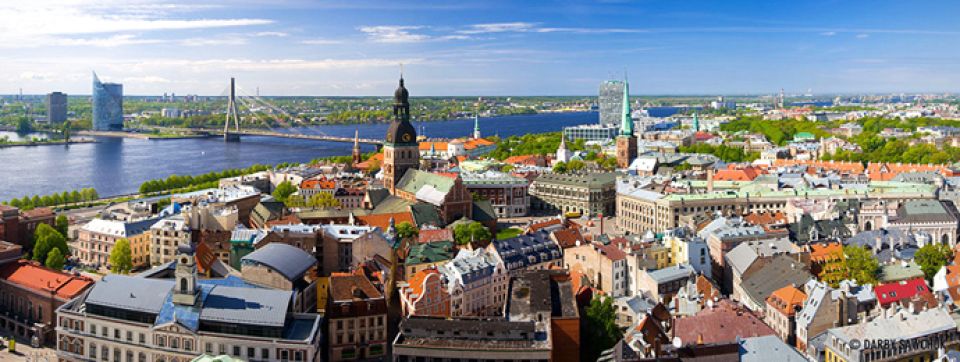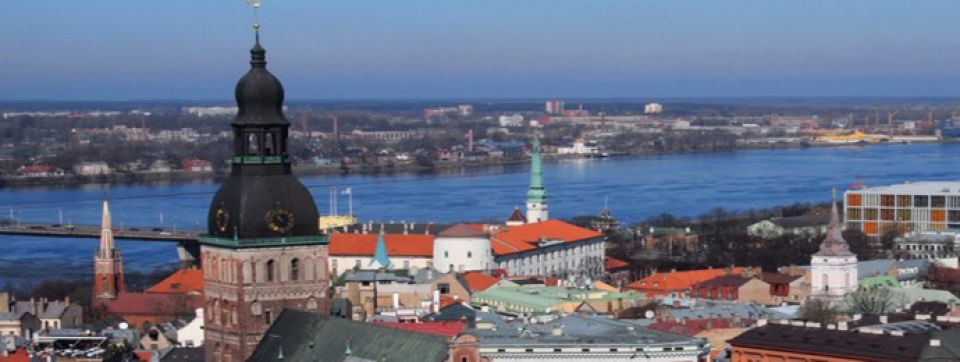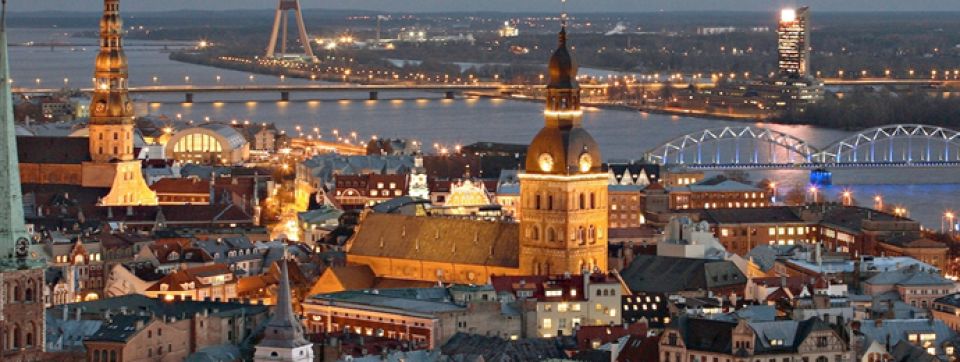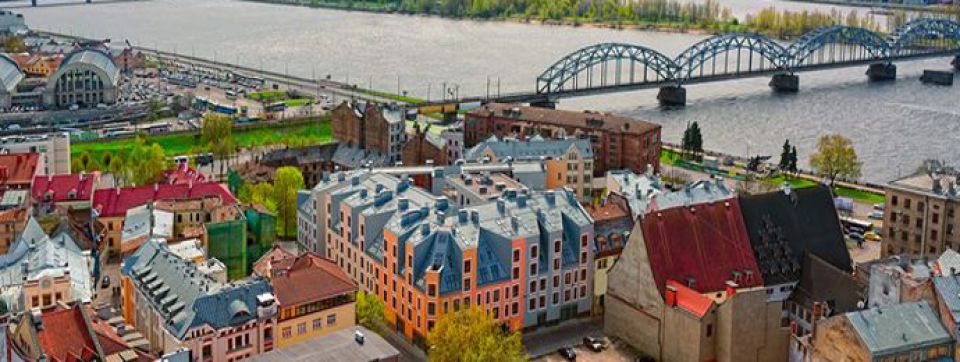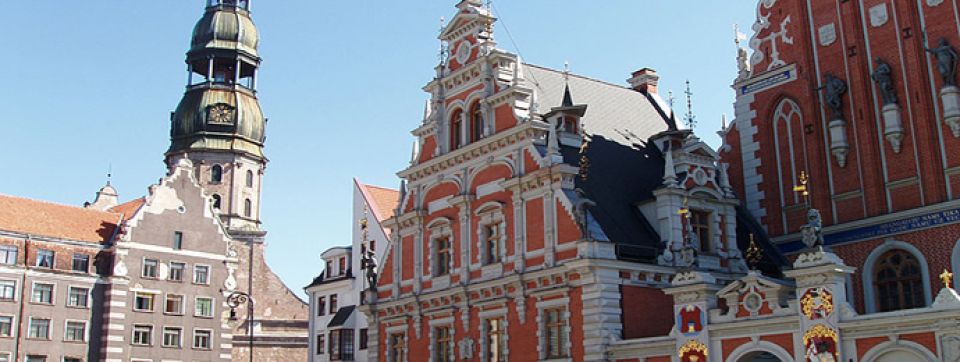Baltic
The Baltic states are three northern European countries east of the Baltic Sea – Estonia, Latvia and Lithuania, which gained independence from the Russian Empire in the wake of World War I.
Estonia
Estonia's population of 1.3 million makes it one of the least-populous member states of the European Union, Eurozone and the North Atlantic Treaty Organization. A developed country with an advanced, high-income economy, Estonia is a member of the Organization for Economic Co-operation and Development.
Estonia ranks high in the Human Development Index, and performs favorably in measurements of press freedom (third in the world in 2012), economic freedom, civil liberties and education. Estonia is often described as one of the most wired countries in Europe, and is recognized as a leader in e-government.
Why Business In Estonia?
Estonia is a popular destination for foreign investors who want to set up business abroad. Foreign companies dominate banking and telecommunications sectors in the country. Estonia was ranked in the first 25 countries in terms of the ease of doing business by The World Bank Group. Taxes and accessibility are among the main reasons to invest in Estonia. Estonian infrastructure is modern and efficient. Furthermore, communications are quite advanced in Estonia, especially due to the progress and innovation in the field of technology in Estonia. Modern solutions are implemented in all types of services and make use of the great network in Estonia. The Estonian employees are highly-educated and mainly work in the service sector. English and Russian are both spoken by most of the people in Estonia.
Latvia
Latvia is a democratic parliamentary republic established in 1918. The capital city is Riga, the European Capital of Culture 2014. Latvian is the official language. The Latvians are Baltic people, culturally related to the Lithuanians. Latvians and Livs are the indigenous people of Latvia.[13] Latvian is an Indo-European language; it and Lithuanian are the only two surviving Baltic languages. Despite foreign rule from the 13th to the 20th centuries, the Latvian nation maintained its identity throughout the generations via the language and musical traditions. Latvia and Estonia share a long common history. As a consequence of the Soviet occupation both countries are home to a large number of ethnic Russians (26.9% in Latvia[2] and 25.5% in Estonia[14]) of whom some are non-citizens.
Why Business In Latvia?
Over the last ten years Latvia has experienced an extensive economic growth in all sectors. The Latvian labor force is multi-lingual and well educated. Workers here are ready to take on new challenges and, even more in the current circumstances. Employees are highly motivated. Latvia's workforce is rated in the top five in the world in terms of university students per capita and possesses a northern European culture and work ethic – excellent skills and discipline.
- Over 85% of Latvians speak Russian;
- 70% of people under age 40 speak English;
- German and Scandinavian languages are also widely spoken.
The current economic conditions mean there are a number of attractive merger and acquisition opportunities in a variety of sectors including:
- Renewable energy;
- ICT;
- Wood working;
- Construction materials and industrial real estate.
In the current economic climate, all businesses are focused on reducing costs. Latvia offers an environment where this can be achieved. On top of low business tax rates and an uncomplicated bureaucracy, other costs have decreased significantly, particularly for construction, office space and industrial real estate.
The current economic slowdown is an opportunity to attract qualified labor at better rates. Latvia's labor costs are very competitive, especially compared to those in older EU member countries.
The international membership to NATO and EU guarantees a political stability and easy access to Europe's most dynamic regional market, the Baltic Sea Region with seamless access to 100 million affluent consumers.
Lithuania
The largest of the three Baltic states. It is situated along the southeastern shore of the Baltic Sea, to the east of Sweden and Denmark. It borders Latvia to the north, Belarus to the east and south, Poland to the south, and Kaliningrad Oblast (a Russian exclave) to the southwest. Lithuania has an estimated population of 3 million as of 2013, and its capital and largest city is Vilnius. Lithuania is a member of the European Union, the Council of Europe, a full member of the Schengen Agreement and NATO. It is also a member of the Nordic Investment Bank, and part of Nordic-Baltic cooperation of Northern European countries. The United Nations Human Development Index lists Lithuania as a "very high human development" country. Lithuania has been among the fastest growing economies in the European Union and is ranked 17th in the world in the Ease of Doing Business Index.
Why Business In Lithuania?
Lithuania is one of EU's economic recovery leaders in 2010. Hit by the global economic recession, Lithuania's economy started again growing already in the 3rd quarter of 2009, demonstrating the steepest quarterly increase across the European Union. Lithuania is ranked as having one of the highest qualities of life among more than 190 countries around the globe. In the International Living 2010 Quality of Life Index, Lithuania is ranked 22nd in the world by criteria which consist of nine categories: cost of living, culture and leisure, economy, environment, freedom, health, infrastructure, safety, risk, and climate. Lithuania has the best-educated people in Central and Eastern Europe. There are 23 universities and 23 colleges with a total enrolment of 201,000 students; 35 science institutes. It is one of the most multilingual peoples in the EU – among five EU countries with the highest percentage of people speaking at least one foreign language (mostly English, Russian and Polish).


